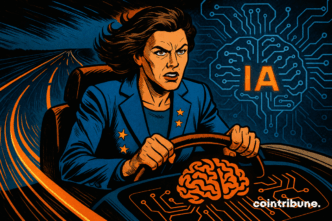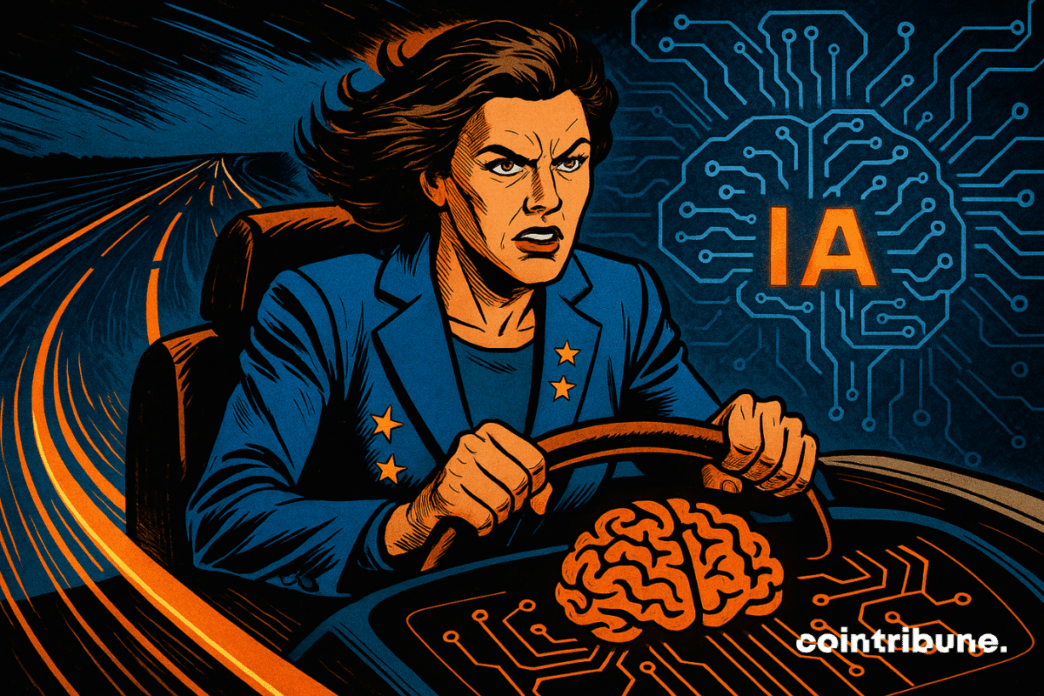European Union doubles down on AI regulation, no delays despite industry pushback
The European Union is sticking to its AI regulation timetable with zero delays. No matter the pressure from tech giants like Alphabet, Meta, or hardware firms such as ASML, Brussels is moving full steam ahead.
The AI law took effect in February. By August 2024, general-purpose AI models face their first obligations. High-risk AI systems will follow by August 2026. The Commission is clear: the plan stays exactly on schedule.
Industry leaders have called for pauses, citing fears the rules will hike costs and slow innovation. They worry the EU’s strict guidelines could handicap European companies, especially as the US favors self-regulation and China pushes AI ahead with fewer restrictions.
The European Commission is undeterred. Spokesperson Thomas Regnier said:
“Time doesn’t stop. There is no pause.”
The EU’s strategy: create a global regulatory standard similar to GDPR. If companies want access to the European market, they must comply with EU rules. The goal is to export this framework worldwide—a form of soft power.
Some flexibility is on the table. The Commission is considering trimming red tape for small businesses to balance enforcement with economic realities.
Europe aims to be a testing ground for ethical AI governance. The risk? Being outpaced by competitors in the global AI race and ending up a strict regulator without homegrown AI champions.
Still, Brussels bets that its strict rules will offer legal stability and that ethics can be a competitive edge.
Europe moves fast while others stall. The gamble is clear: regulate first, innovate later.














